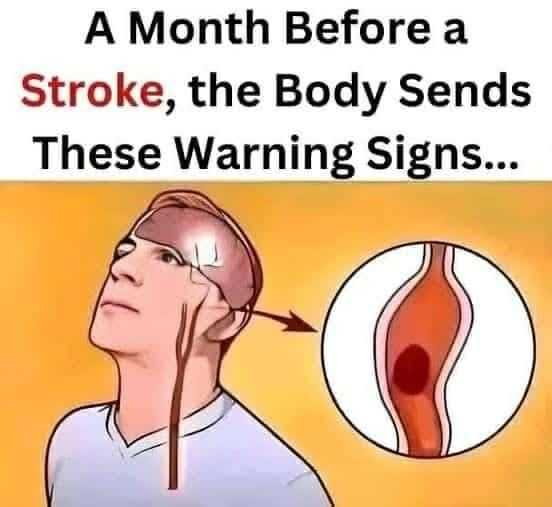ADVERTISEMENT
Magnesium is an essential mineral that plays a vital role in many bodily functions, yet many people may not get enough of it. Here are nine common signs of magnesium deficiency and how to address them:
Muscle Cramps and Spasms – If you frequently experience cramps, it may be due to a lack of magnesium.
Sleep Problems – Difficulty falling or staying asleep is often linked to magnesium levels.
Stress and Anxiety – Magnesium helps regulate stress hormones, and a deficiency can lead to heightened anxiety.
Headaches – Frequent headaches or migraines might be alleviated with more magnesium.
Weakness – A lack of magnesium can contribute to muscle and overall physical weakness.
Irregular Heartbeat – Magnesium is crucial for heart health, and a deficiency may lead to arrhythmia.
Numbness and Tingling – Low magnesium levels can affect nerves, causing pins-and-needles sensations.
Bone Health Issues – Magnesium supports calcium absorption, so its deficiency may weaken bones over time.
- Quick Remedy: Incorporate magnesium-rich foods such as leafy greens, nuts, seeds, whole grains, and dark chocolate into your diet. You can also consider magnesium supplements after consulting with a healthcare provider.
ADVERTISEMENT

